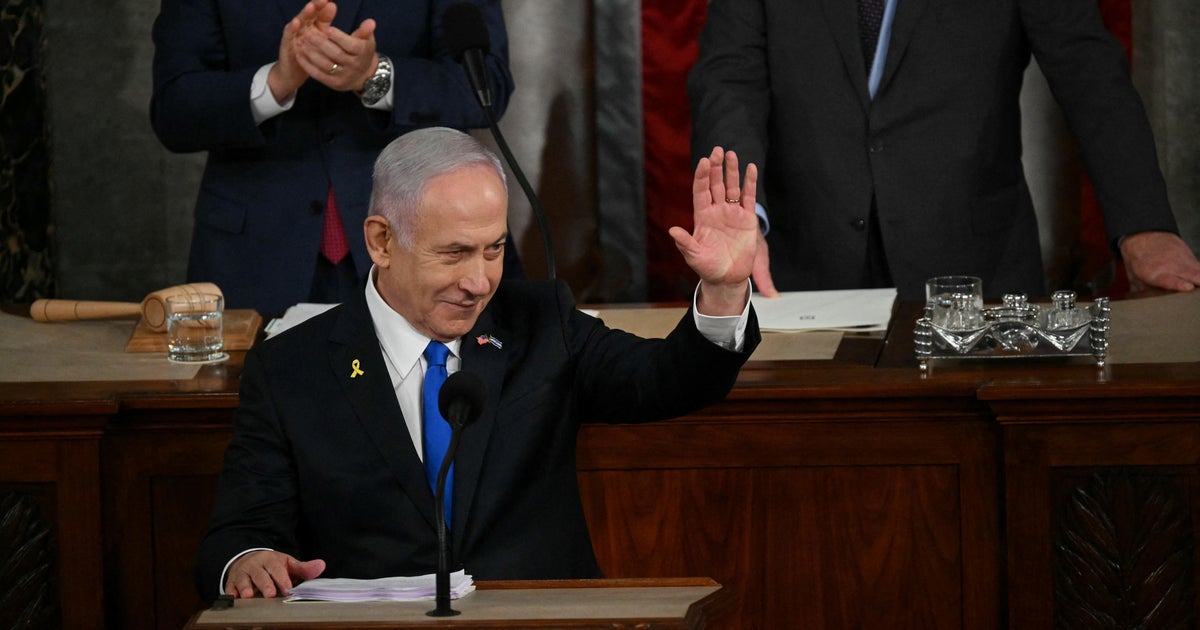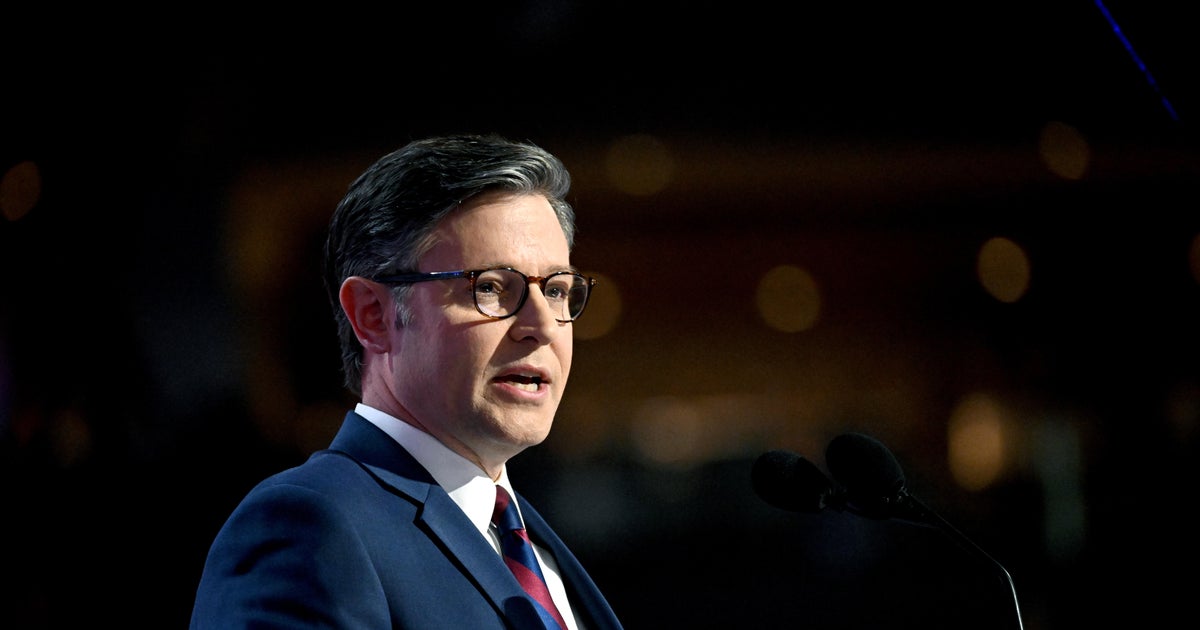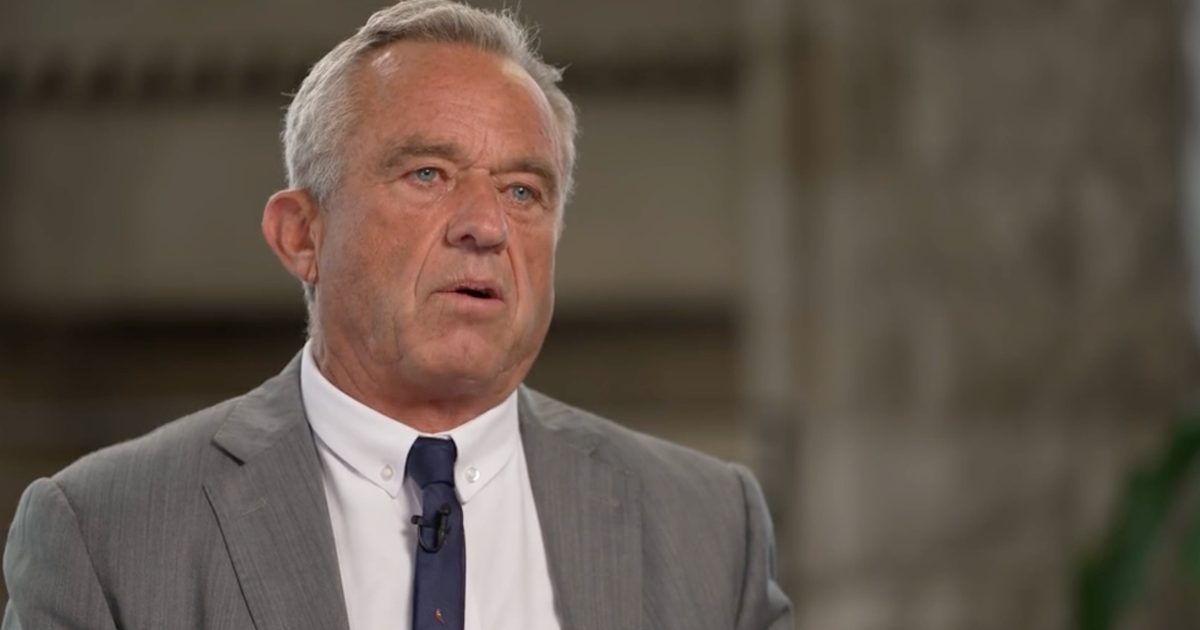Only member of Congress born in Central America says U.S. shares blame for instability
Washington — Citing an unprecedented flow of migrant families heading towards the southern border, President Trump announced last week his administration would be cutting all foreign aid to El Salvador, Guatemala and Honduras. Although the president believes it will force the region's governments to curb migration, the sole member of Congress born in Central America predicts the move will not only lead to more migration, but also ignore America's "moral" responsibility to the region.
California Democratic Rep. Norma Torres, who was born in Guatemala, said the U.S. played a significant role in creating or exacerbating some of the problems driving mass migration in the region, including widespread poverty, chronic violence and rampant political corruption and instability.
"We have a long history of U.S. involvement in the region," Torres told CBS News. "We are in part responsible for what has happened there — the instability, the civil wars, supporting the wrong people."
In its fight against communism during the Cold War, Democratic and Republican administrations, worried the Soviet Union could establish a foothold in the region, propped up repressive right-wing governments and supported various coups in Latin America.
From a near-catastrophic standoff with the Soviet Union and the new revolutionary government in Cuba during the missile crisis in 1962, to a CIA-backed coup in Chile in 1973, the U.S. actively worked to weaken leftist movements and topple governments aligned with Moscow's communist leadership for decades. The three Central American countries in the so-called "Northern Triangle" were not an exception.
In 1954, the U.S. sponsored a coup in Guatemala, helping to topple a democratically elected reformist leader and install right-wing general Carlos Castillo Armas, whose government was succeeded by a series of U.S.-backed military regimes. From 1960 to 1996, the Central American country was engulfed in a bloody civil war between conservative military governments supported by the U.S. and several Marxist groups.
A Guatemalan truth commission revealed 200,000 people were killed or disappeared during the decades-long war, and 83 percent of the victims were Mayan. In its investigation, the commission also found the U.S.-backed government and pro-government paramilitary units were responsible for 93 percent of the human rights violations.
Between 1979 and 1992, the U.S. backed a right-wing military government in El Salvador during a civil war against leftist guerrillas that resulted in the deaths of more than 75,000 people, according to the Center for Justice and Accountability, an international human rights group.
During this time period, many fled the country and headed to the U.S., where the Salvadoran immigrant population increased from 94,000 to 465,000, according to the Migration Policy Institute. It was also during this period that gangs like MS-13 formed in neighborhoods in Los Angeles with large Central American immigrant communities. After the American government began deporting many of these gang members to their native countries, the criminal enterprises they operated in America moved to El Salvador and other Central American countries.
Honduras was spared from the large-scale armed conflict that beset neighboring countries during the Cold War, and the nation was a stalwart ally of the U.S. It did, however, serve as a staging ground for American efforts to support anti-communist forces in the region, including the "contras," right-wing paramilitaries opposed to the leftist Sandinista government in Nicaragua. The U.S. also trained and financed Honduran military units, like the notorious Battalion 316, which committed human rights abuses.
For Rick Jones, a senior policy adviser at the U.S.-financed group Catholic Relief Services who has been leading efforts to curb unemployment, violence and displacement caused by climate change in Central America, the U.S. and its citizens have a "direct" and "moral" responsibility to foster development in the region.
"It's a responsibility of all of the countries — the United States, Mexico and Central America — not just one. And so, the solutions for migration, the solutions for violence are very much tied together," Jones told CBS News. "Our futures are tied together."
Torres, the California Democrat who came to the U.S. when she was 5 years old, said the U.S. government was "at the wrong place, at the wrong time" in Central America "time and time again." She stressed the U.S. should continue to invest in Central America, not only because of its past actions there but because she believes concerted foreign aid is the long-term solution to address the region's problems and discourage migration.
"I was born there. My parents had to make that difficult decision to send me to the U.S. to live with my father's oldest brother," Torres added. "No parent should have to make that terrible decision."






